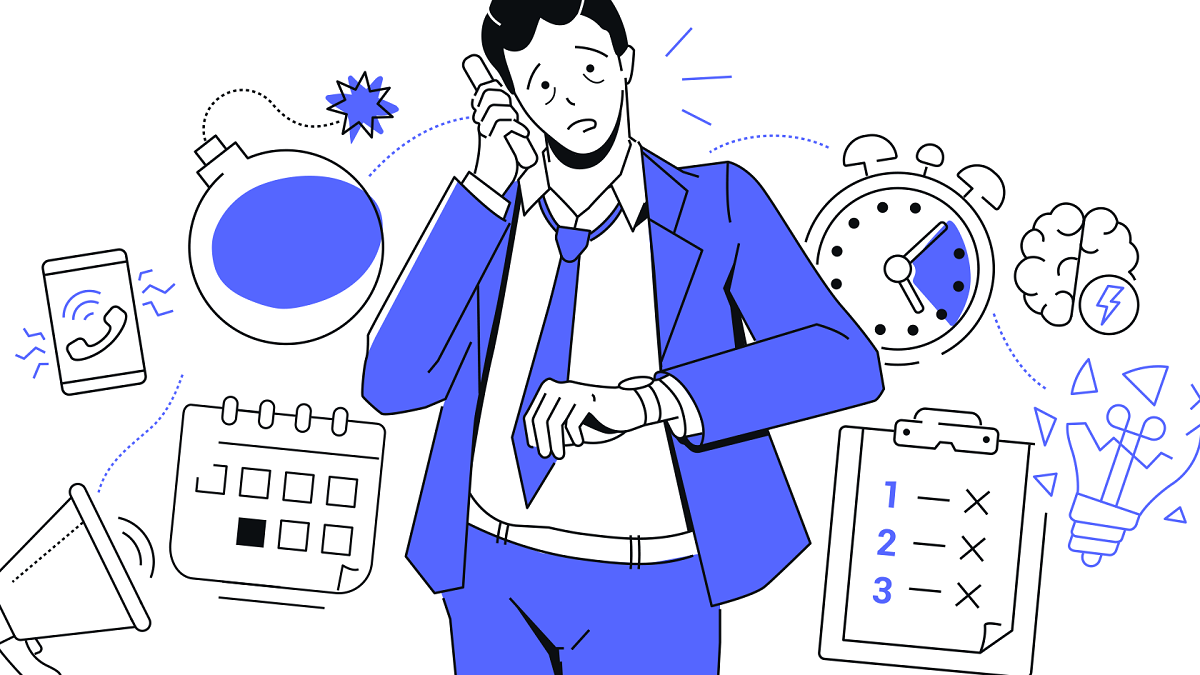Politicians, military generals and first responders are just some high-stress positions which should avoid taking important decisions after a night without sleep, new research from the University of Ottawa indicates.
We all understand the power of sleep and the vital role it plays in human health, cognitive performance and in regulating our emotional well-being. Numerous studies into a lack of sleep have shown drops in neurocognitive functions, particularly vigilant attention, motor responses, inhibition control, and working memory. Despite this, sleep loss continues to challenge public health and affect people of all ages.
Sleep and risky decision-making
With little insight into the impact of a lack of sleep on risky decision-making at the neuroimaging level, researchers from the University of Ottawa and the University of Pennsylvania found a 24-hour period of sleep deprivation significantly impacted individuals' decision-making processes by dampening neural responses to the outcomes of their choices.
In other words, people tend to exhibit reduced positive emotions in response to winning outcomes and diminished negative emotions when faced with losses after pulling an all-nighter compared to their well-rested baseline condition.

“If you experience even just one night of sleep deprivation, there will be an impact, even on a neural level.”
Zhuo Fang
— First author and Data Scientist in the Department of Psychology at FSS
“Common sense does dictate if people incur sleep loss, sleep disturbance or a sleep disorder that their cognitive function will be impacted, their attention and efficiency will decrease. But there is an emotional impact, too,” says Zhuo Fang, a Data Scientist in the Department of Psychology at the Faculty of Social Sciences.
“If you experience even just one night of sleep deprivation, there will be an impact, even on a neural level. So, we wanted to combine brain imaging and behaviour to see that impact,” adds Fang, who is affiliated with uOttawa’s Brain and Mind Research Institute and The Royal.
The study, which evaluated the impact of one night of total sleep deprivation on 56 healthy adults, found:
- A single night of total sleep loss significantly decreased the brain activation to win and loss outcomes, suggesting that acute sleep loss can have a dampening effect on neural responses to decision outcomes during risk-taking.
- Total sleep deprivation had the detrimental effect by disrupting the relationship between neural response and individual’s risk-taking behavior, which might be related to the altered perception for risk-taking.
While numerous studies have previously illustrated the wide-ranging effects of sleep deprivation on various brain and cognitive functions, including attention processing, memory consolidation, and learning, this study addresses the specific impact of sleep loss on decision-making.
“In specific professions where decision-makers are required to operate under accumulated sleep loss, specialized training or fatigue risk management might be necessary to enable them to handle such situations effectively.”
‘Sleep deprivation attenuates neural responses to outcomes from risky decision-making’ was published in October’s Psychophysiology. DOI: 10.1111/psyp.14465.
Media requests: media@uOttawa.ca
